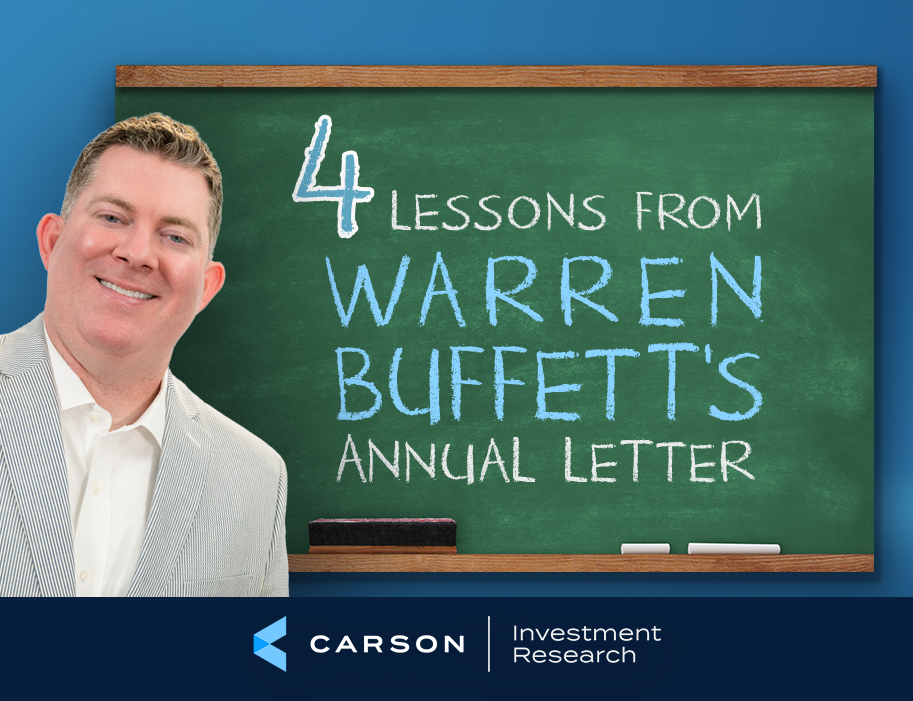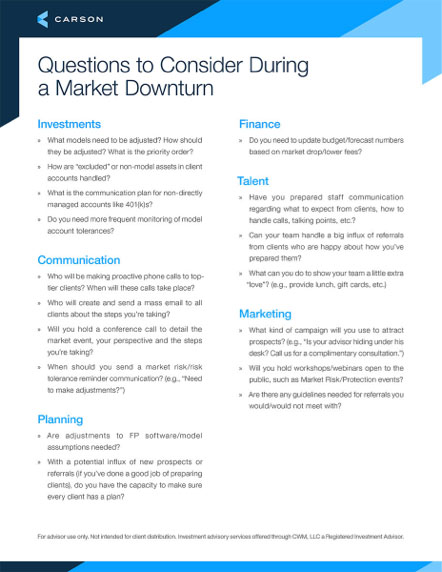The Oracle of Omaha did it again. He released Berkshire Hathaway’s Annual Letter to his shareholders recently and as usual, it was full of wit, insight, humility, humor, and decades of wisdom. I’d encourage you to read it for yourself, but here are four things that really stood out to me.
1. One or two big winners make up for a lot of losses
He completed a $1.3 billion purchase of Coca-Cola stock in 1994 and completed a $1.3 billion purchase of American Express the following year. Those two stocks have gone on to become incredible winners for him, along the way making up for many, many mistakes and poor investments. In fact, as of the end of last year, his total value of Coca-Cola holdings was $25 billion and American Express jumped to $22 billion (both roughly 5% of Berkshire’s net worth).
To me, investors need to realize that part of investing is picking good companies, not necessarily good stocks. Or, as he said in the letter, they are company pickers, not stock pickers. Then, they are giving those companies plenty of time to work. A few big winners over many decades will more than offset the inevitable losers that investors will have.
2. All he and Charlie had to do was cash the checks
Speaking of his $2.6 billion total investment in Coca-Cola and American Express, those investments paid him a cool $1 billion in dividends just last year! So that isn’t even incorporating the astronomical stock gains; that is simply the dividends for one year!
That is a nice reminder that we all like to talk about how a stock ‘gained this last year’ or an index ‘gained that last year.’ But if you are buying great companies that are always trying to increase their dividends, over time, those dividends could really become a huge stream of income.
Or, as he put it regarding what he and long-time partner Charlie Munger had to do, “All Charlie and I were required to do was cash the quarterly dividend checks.”
3. Markets aren’t efficient
Many investors believe that all the information is out there, thus making stock and sector picking irrelevant. If all the info is omnipresent, there’s no point in trying to be an active investor, is what the efficient market hypothesis tells us. Well, Mr. Buffett disagrees here. Or, as he said below:
One advantage of our publicly-traded segment is that – episodically – it becomes easy to buy pieces of wonderful businesses at wonderful prices. It’s crucial to understand that stocks often trade at truly foolish prices, both high and low. “Efficient” markets exist only in textbooks. In truth, marketable stocks and bonds are baffling; their behavior is usually understandable only in retrospect.
Greed and fear tend to drive markets and have for hundreds of years and likely will hundreds of years from now. Emotions can swing wildly and for this reason, solid companies will be greatly undervalued at certain times. The flip side is that not-so-great companies will become overvalued at certain times as well. I’m in full agreement with Uncle Warren here.
Great opportunities don’t always occur, but knowing that markets indeed aren’t always efficient means that when you have an opportune time to make a substantial investment decision, you better at least consider taking it; it has the potential to make all the difference.
4. Being in the right place at the right time matters
Lastly, he noted what Charlie said on a podcast recently. I loved this one.
“All I want to know is where I’m going to die, so I’ll never go there.”
Of course, this was really funny, but there’s so much there. This could mean many things to different people. Maybe you have a certain vice that always seems to get you in trouble, or that group of friends that used to always get you in trouble. Whatever it might be, our job as humans is to minimize any mistakes we will make, and if we are predisposed to certain trouble if we do something …. Don’t do it or don’t go there!
—
I hope you enjoyed reading his letter as much as I did. The good news is that Sonu will write about some of his takeaways from the letter tomorrow. What can we say, the Carson Investment Research team is a fan of Warren and Charlie!
For our latest views on the quickly improving economy and the weakening stock market, be sure to listen to our latest Facts vs. Feelings podcast below.
Equity yield, share price, and/or rate of return fluctuate, and when sold or redeemed, you may receive more or less than your original investment. Past performance is not an indication or guarantee of future results.


